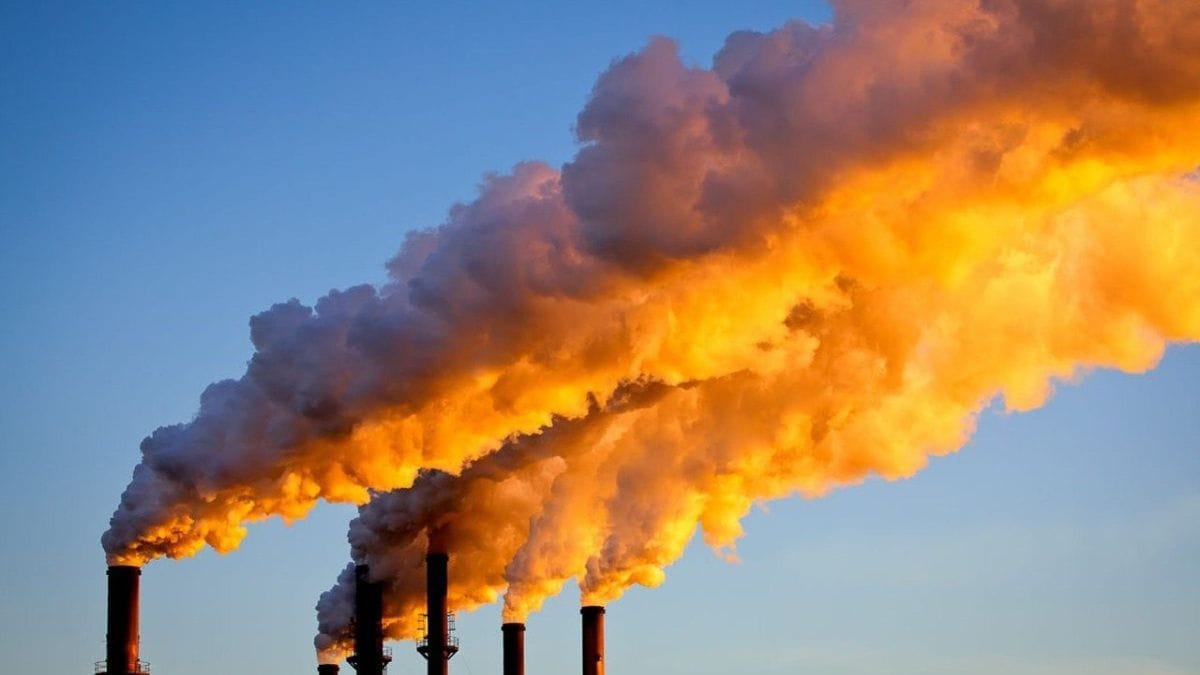Global carbon emissions from fossil fuel combustion have reached an unprecedented peak in 2024, with the Global Carbon Project reporting a projected 37.4 billion tonnes of fossil CO2 emissions, a 0.8% increase from 2023. The report underscores an urgent call for emissions reduction as the world’s annual output of CO2 from fossil fuels and land-use changes collectively approaches 41.6 billion tonnes. Despite increased efforts to mitigate climate impacts, there are no clear signs of a peak in global fossil CO2 emissions, heightening the risk of surpassing critical climate thresholds.
Sector-Specific Emissions and Regional Insights
As per a report by University of Exeter, emissions from fossil fuels, including coal, oil, and gas, are anticipated to rise in 2024, accounting for 41 percent, 32 percent, and 21 percent of fossil CO2 emissions, respectively. Coal emissions are expected to increase by 0.2 percent, oil by 0.9 percent, and natural gas by 2.4 percent. On a regional level, China, responsible for 32 percent of global emissions, is projected to see a slight increase of 0.2 percent, while emissions in the United States are expected to fall by 0.6 percent.
The European Union’s emissions are forecasted to decrease by 3.8 percent, whereas India, contributing 8 percent of global emissions, is projected to experience a 4.6 percent rise. Emissions from aviation and shipping sectors are also set to increase by 7.8 percent this year, though they remain below pre-pandemic levels.
Carbon Budget and Climate Warnings
According to Professor Pierre Friedlingstein from the University of Exeter, who led the study, the absence of a peak in fossil CO2 emissions further reduces the remaining carbon budget needed to keep warming below the Paris Agreement’s 1.5-degree Celsius target. At the current emission rate, a 50 percent probability exists of surpassing this threshold within the next six years. Meanwhile, Professor Corinne Le Quéré of the University of East Anglia acknowledged ongoing efforts in renewable energy deployment and reduced deforestation but stressed that substantial emissions reductions are still essential.
Urgency for Accelerated Action
The report emphasises that while some nations demonstrate progress in emissions reduction, these efforts have not been sufficient to reverse the overall global trend. Dr Glen Peters from the CICERO Center for International Climate Research noted that global climate action remains “a collective challenge,” with gradual declines in emissions in certain regions counterbalanced by increases elsewhere.






















